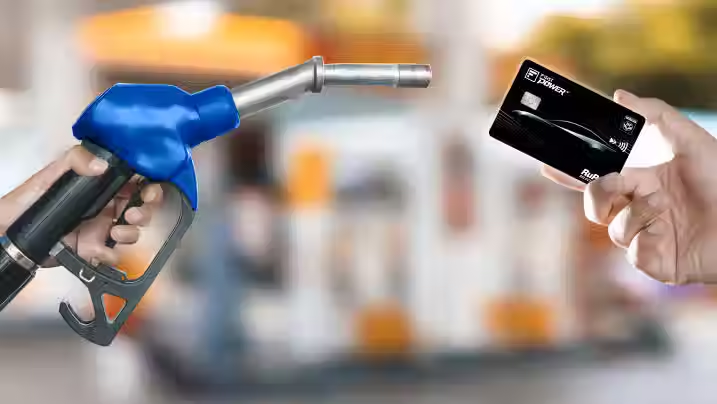The Short Guide on Changing Your Credit Card Payment to EMI
- Mudra K
- Feb 24, 2025
- 3 min read
In today's fast-paced financial landscape, managing large purchases can be daunting, especially when it comes to credit card bills. One effective strategy to ease this burden is by converting your credit card payments into credit card EMI payments. This method helps you split significant expenses into affordable monthly installments, simplifying budgeting and reducing financial pressure. In this guide, we will delve into the process of converting your credit card bill into EMI, highlighting the benefits, eligibility criteria, and how to navigate this financial tool effectively.
Credit card EMI payments offer a convenient way to split large purchases into smaller, affordable monthly instalments. This facility is particularly useful for expensive items or unexpected expenses, as it helps spread the cost over several months, thereby reducing immediate financial pressure. However, it's essential to understand that EMI payments typically incur interest charges and may involve processing fees, depending on the bank's policies.

How to Convert Credit Card Payments to EMI
To convert your credit card bill into EMI, you must first check if your credit card provider offers this facility. Eligibility often depends on factors such as the transaction amount, repayment history, and the type of credit card you hold. Generally, transactions above a certain threshold are eligible for EMI conversion.
The process of converting your credit card bill to EMI is straightforward:
Log in to Net Banking or Mobile App: Access your bank's online portal or mobile app.
Select the Transaction: Choose the specific transaction or outstanding amount you wish to convert.
Choose Tenure: Select the repayment period, which typically ranges from 3 to 24 months.
Confirm Conversion: Review the terms and conditions, then confirm the conversion.
Benefits of Credit Card EMI Payments
Flexibility in managing your finances effectively by converting credit card payments to EMI offers significant advantages.
Converting your credit card payments to EMI offers significant financial flexibility. It allows you to manage large expenses without depleting your savings or facing immediate financial strain. This can be particularly beneficial for purchases like electronics, travel, or medical expenses.
EMI payments facilitate budgeting by allowing you to allocate a fixed monthly amount for repayment, aiding in financial planning and preventing overspending.
EMI payments help in budgeting by allowing you to allocate a fixed amount each month for repayment. This predictability makes it easier to plan your finances and avoid overspending.
Considerations Before Opting for EMI
Interest and Fees
While EMI payments are convenient, they come with interest charges on the outstanding balance. Additionally, some banks may charge a processing fee for converting transactions to EMI. It's crucial to review these costs before opting for the EMI facility.
Impact on Credit Limit
Using the EMI option temporarily reduces your available credit limit by the amount converted to EMI. This is because each EMI payment is deducted from your outstanding balance, which affects your credit utilisation ratio.
Managing Your Credit Card EMI Payments
Making timely EMI payments is crucial for preserving a healthy credit score.
To maintain a healthy credit score, it's vital to pay your EMI installments on time. Missing payments can negatively impact your credit score, so ensure that your monthly obligations fit within your budget.
Monitoring Your Account
Regularly check your credit card statements to ensure that EMI conversions are correctly reflected and that payments are being deducted as scheduled.
Conclusion
Converting your credit card payments to credit card EMI payments can be a smart financial move, offering flexibility and reducing the burden of large expenses. However, it's essential to understand the eligibility criteria, associated costs, and repayment terms before opting for this facility. By managing your credit card EMI payments effectively, you can maintain a healthy financial profile while enjoying the benefits of affordable monthly installments.
FAQs
How do I convert my credit card bill to EMI?
You can convert your credit card bill to EMI through net banking, mobile apps, or by contacting customer support. Select the transaction, choose the tenure, and confirm the conversion.
Does converting credit card bills to EMI affect my credit score?
Converting to EMI itself does not affect your credit score. However, missing EMI payments can negatively impact your score.
What are the typical tenure options for credit card EMI payments?
The typical tenure options range from 3 to 24 months, depending on the bank and the transaction amount.
Are there any additional fees for converting to EMI?
Some banks may charge a processing fee for converting transactions to EMI. Always review the terms before opting for this facility.
How does EMI affect my available credit limit?
Using the EMI option temporarily reduces your available credit limit by the amount converted to EMI, as each payment is deducted from your outstanding balance.













































Comments